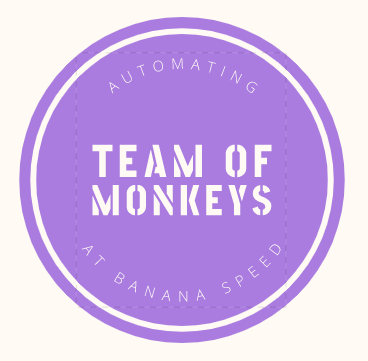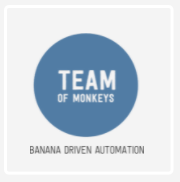A Marketing Director (MD) is the individual who is directly responsible for the marketing strategy and direction of a company. The MD manages all marketing activities, such as advertising, market research, public relations and product placement. They also hire and train the company’s marketing staff and may lead and guide other departments (e.g. sales and business development).

A Chief Marketing Officer (CMO) is an executive-level position at a company that oversees all aspects of marketing functions. The CMO usually reports to the CEO or founder(s) of an organization, but may work as part of a committee as well as with other senior executives in the company if they have been given broad powers by those being reported to.
The Marketing Director will oversee a marketing team responsible for marketing strategy and implementation. The CMO is often the senior-most marketing executive but may have a team reporting to them with responsibilities in brand management, innovation, market research, corporate communications etc.
Key skills include:
– Strong communication and interpersonal skills with the ability to influence and negotiate
– Creativity, problem-solving, and analytical thinking skills
– Ability to understand the needs of different stakeholders and how they impact one another
– People management and organizational abilities
– Strategic thinking and business understanding/context.
The Marketing Director:
→ Has a more tactical role and will typically manage an existing or recently created marketing team that is focused on the following:

Brand Development & Management – This includes understanding customer behavior and market trends, as well as overseeing how this relates to all aspects of brand management (e.g. product
design, brand architecture, naming etc.)
Marketing Communications Strategy – This includes deciding on how the brand will communicate their message to customers and determining creative ways in which this can be executed (e.g. advertising media or social media campaigns)
Digital Marketing Strategy – This takes a lead role in developing a company’s digital marketing strategy and was traditionally known as “online marketing”. The MD may also oversee elements such as web development and e-commerce if relevant to the market they are operating within.
Event Management & Engagement – This focuses on running events such as conferences or seminars with the goal of engaging with the market rather than selling products/services directly. These activities could include planning and creating a conference agenda, as well as hosting or attending events themselves.
Market Research – This includes the ability to understand customer needs and behaviors as well as identify market opportunities and business trends.
Competitor Analysis – Understanding what competitors are doing is essential for any marketing decision-making process. Regularly monitoring competitor activity ensures that a brand can react swiftly to changes in consumer behavior/trends, which is particularly important when a product range is highly competitive.
The CMO:
→ Has a more strategic role with responsibilities covering all of the above areas but also extends into new project management, stakeholder management, and innovation. The CMO may have many people reporting to them with specialist knowledge in each area, but will likely need to lead on some projects themselves.

→ The CMO is responsible for ensuring the brand’s success when executed through marketing activities and may therefore require previous experience in a senior role within another department (e.g. Sales) before moving into Marketing Management.
→ Successful CMOs are often creative thinkers with the ability to come up with new ways of reaching customers, running events, or creating media campaigns across different channels e.g. mobile, social media, or print. They also have strong influencing skills which they use to get buy-in from people at all levels of their business by gaining respect rather than authority. While they are focused on outbound communication, they are also interested in insight which is why they monitor competitor activity and market trends.
What do Marketing Directors and CMOS do? – Their responsibilities and skills are explained by Ben Wilkins, Senior Lecturer in Marketing at Manchester Metropolitan University. This article was originally published on the Manchester Metropolitan University blog.
Marketing Directors are responsible for many different aspects of the marketing process. They must be able to think strategically and understand how all parts of their company work in order to create a cohesive strategy that will bring in revenue, maintain customer loyalty, and stay ahead of competitors. If you’re looking for help with your Marketing Strategy or need someone who can handle more hands-on tasks like Social Media Management or Content Creation.